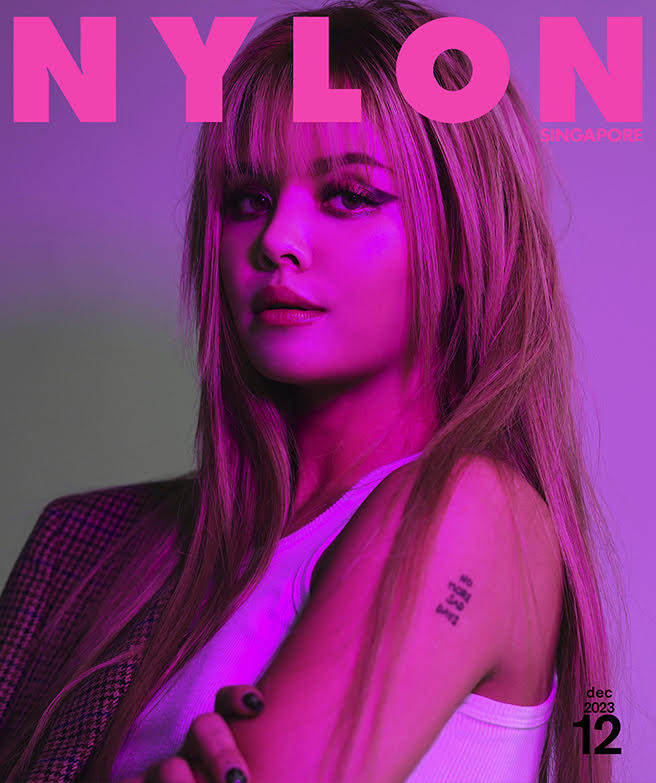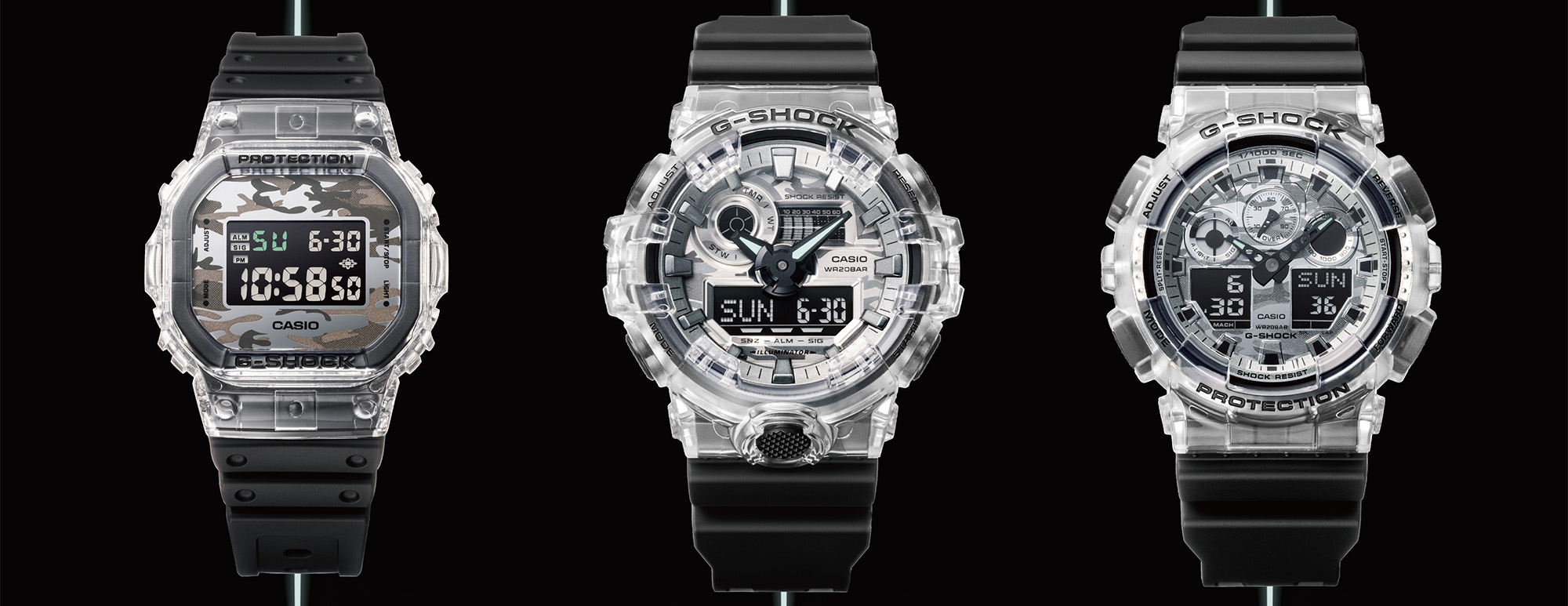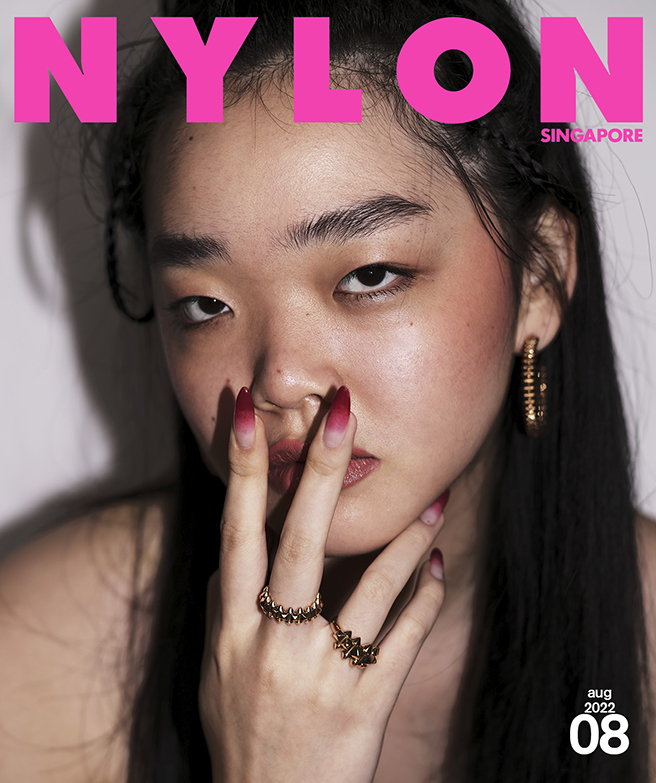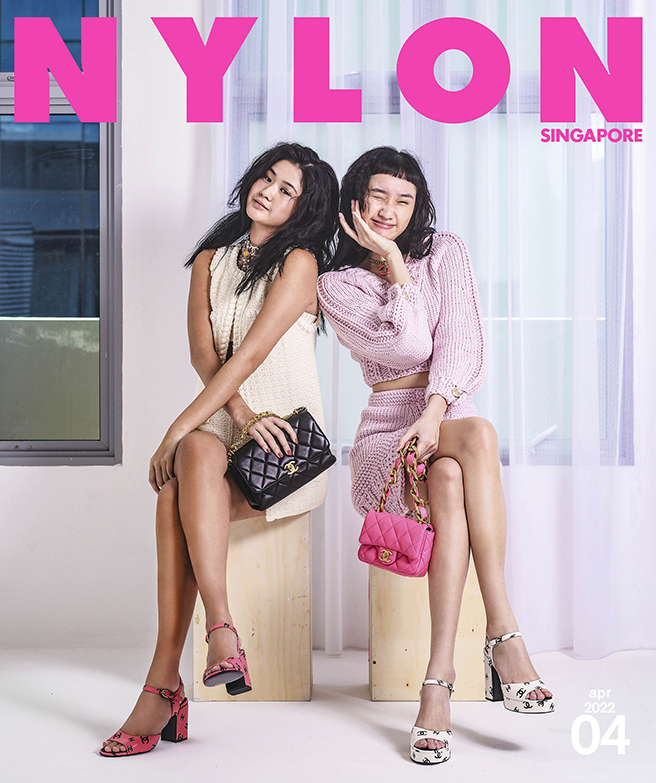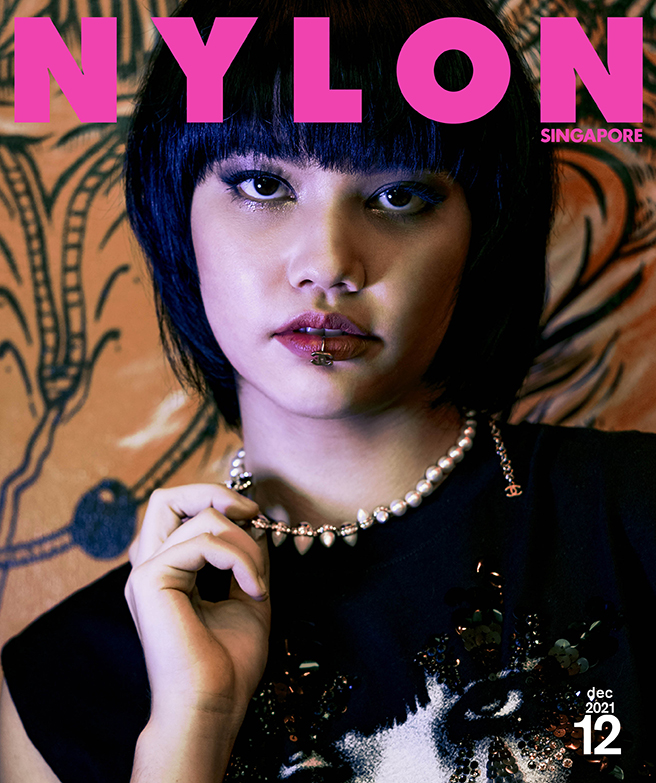The world first embraced Purity Ring’s ethereal sound in 2012, and boy was that something. They released their debut album, “Shrines” on the legendary indie label 4AD and quickly earned itself the Best New Music status from Pitchfork. We got lost in their universe that was filled with enchanting, often moving melodies born out of a meandering production process. But unlike “Shrines”, the electronic music duo from Canada got back together after an 18-month break and started writing their second album, “another eternity”, only this time they decided to do it while being physically in the same place instead of doing it exclusively over emails. They’ll be closing the Cloud Stage at this year’s St Jerome’s Laneway Festival in Singapore, and we wanted to get to know them a little bit more before we see them this Saturday. In the meantime, why not take a listen to “another eternity” while you’re at it?
Image credit: Renata Rashka / Laneway Festival Singapore
***
I understand that both of you will wear clothes that you’ve designed and sewn when you guys perform live. Also, you’ve done a fashion course in high school and have made a lot of costumes and casual clothes for yourself. Have you thought about running your own fashion label on the side?
Megan James: Yeah. I’ve been doing it for a long time but it’s really kind of slow. I guess it’s because I’ve been putting the band first. I really enjoy taking the opportunity of deciding what to wear on stage of for like a music video. But yeah, a clothing line is definitely a prospect of the future. It’s in the making and not so established yet because I’m still very focused on my music.
Can you briefly run us through your creative process when you guys were writing songs for “another eternity”?
MJ: That’s a difficult question. It varies a lot from song to song. But something that’s kind of interesting was that we wrote the songs with a jointed effort instead of doing it separately so, yeah it was usually when we were in the studio or in space where we felt comfortable. We’d start with a melody or sometimes with a vocal of sorts. Other times it would start with a chord progression or a more finished track that Corin already had. It changes a lot so that way it keeps things fresh.
What’s the biggest difference between “Shrines” and “another eternity”, besides actually physically recording it together this time?
MJ: There was a lot of time in between the two so I feel like the difference is really massive. We went in with a mindset of not making the same thing twice. The vocals are a little bit clearer though there are different song writing styles. I think “another eternity” is about good song writing, focused verses and choruses. It’s more refined in its sound. It kinda makes “Shrines” sound bad [laughs], but really, “Shrines is like this cohesive, concentrated album with a focused sound as a whole. In a way, “another eternity” is like a “songs” album while “Shrines” is more of an “atmosphere” songs, you know?
What was the most difficult part about making a second album?
MJ: Trying to make the sound for “another eternity” was difficult, until we actually started writing. I remember like a year and a half ago we were like, “Oh, we have to make another one of these”, and we didn’t know what was going to happen. That was another hurdle we had to get over but as soon as we started writing, the discomfort kinda went away. And then of course as the release date drew near, that came with more pressures. That’s the gist of it.
Was it tougher to write songs together as opposed to going back and forth on emails?
MJ: Sort of. It was like a new writing process for both of us so we had a lot to deal with. But we did have way more conversations than we ever did so that was interesting. I think it made the album more cohesive.
One thing that stuck out from listening to “another eternity” was that it’s lighter and brighter, in terms of production and lyrics, as compared to “Shrines”, which was definitely darker and more synth-heavy. Was that accidental, a natural phenomenon/progression or a reflection of what you guys were going through at that point? Were you guys coming out of a dark period of your lives?
MJ: I think it’s one hundred percent all of those things. [laughs]
You used the term “future pop” to describe the music in your first album. Does it still make sense for your music now, or has it changed?
MJ: The reason we used that term at the beginning was because we thought, “Does it actually mean anything?” It’s like something that will define us in terms of assigning a genre and if there are any interviews, we’d do that before anyone else gets to it, and hopefully it sticks. Also, “future pop” is just a word we can define as we evolve over time. It changes yearly, and the future is really quite hard to define anyway.
For tickets, line-up and more info, head over to singapore.lanewayfestival.com. Follow Purity Ring on Facebook, Twitter, YouTube and Instagram.

